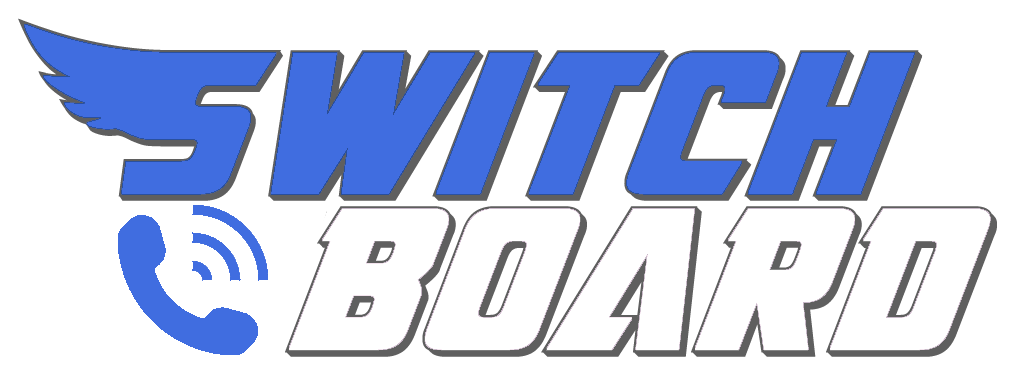(Due to the bad PR that AI is getting, the names have been changed in the story which follows…)
Once upon a time in the small town of Smallville, there was a business owner named Tom Parker. Tom owned a mid-sized company called EcoInnovate, which specialized in sustainable technology solutions. Despite the company’s innovative products, Tom was struggling with some significant issues: high operational costs, high employee turnover, and underwhelming sales performance.
One day, Tom attended a tech conference where he was introduced to the wonders of artificial intelligence. Enthralled by the possibilities, he decided to invest in AI technology to revitalize EcoInnovate. Little did he know, this decision would transform his business in ways he never imagined.
Phase 1: Streamlining Operations
Tom’s first move was to implement an AI-powered operations management system. This system analyzed EcoInnovate’s supply chain, inventory, and production processes. It identified inefficiencies and recommended improvements. For instance, it optimized inventory levels, reducing waste and storage costs. It also forecasted demand more accurately, ensuring that production aligned perfectly with market needs.
The impact was immediate. Operational costs plummeted as waste and excess inventory were minimized. With these savings, Tom was able to reinvest in product development and marketing, sparking a wave of new customer interest.
Phase 2: Revolutionizing HR
Next, Tom turned his attention to human resources. EcoInnovate had always struggled with finding and retaining top talent. The new AI system introduced an advanced hiring tool that pre-screened job applicants. This AI analyzed resumes, assessed candidates’ skills through digital assessments, and even evaluated their cultural fit by analyzing their responses to situational questions.
The AI-generated candidate rankings allowed Tom’s HR team to focus on the top candidates who were most likely to excel in their roles and fit well with the company culture. The result was a significant decrease in turnover and a boost in employee satisfaction. With better hires, productivity soared, and the team’s morale improved.
Phase 3: Enhancing Sales Performance
EcoInnovate’s sales team was also in need of a boost. Tom integrated an AI-driven sales assistant into the system. This AI monitored sales calls in real-time, using natural language processing to understand the conversation and provide instant feedback to the salespeople.
For instance, during a call with a potential client, the AI might suggest, “Highlight the energy savings feature now,” or “Address the client’s concern about implementation costs.” This guidance helped the sales team adapt their pitch on the fly, improving their ability to close deals. Additionally, the AI provided detailed analytics on each salesperson’s performance, identifying strengths and areas for improvement.
Phase 4: The Results
Within months, the transformation was evident. Operational costs had decreased by 30%, thanks to improved efficiency and reduced waste. Employee turnover dropped by 50%, as the better hiring practices resulted in more satisfied and committed staff. Sales figures skyrocketed, with a 40% increase in revenue. The AI-driven sales support and training had turned the team into a well-oiled machine, adept at converting leads and upselling existing customers.
Tom was thrilled with the results. EcoInnovate had not only become more profitable but had also established itself as a leader in the sustainable technology sector. The company’s reputation for innovation and efficiency attracted more clients and top talent, creating a virtuous cycle of growth and success.
The success story of EcoInnovate spread throughout the business world. Tom Parker became a sought-after speaker, sharing his journey of leveraging AI to achieve remarkable business transformations. His story inspired other business owners to explore the potential of AI, demonstrating that with the right tools and vision, any business could unlock its full potential.
And so, Tom Parker and EcoInnovate thrived, embodying the spirit of innovation and proving that the future of business was not just in technology but in how it was used to make dreams come true.
